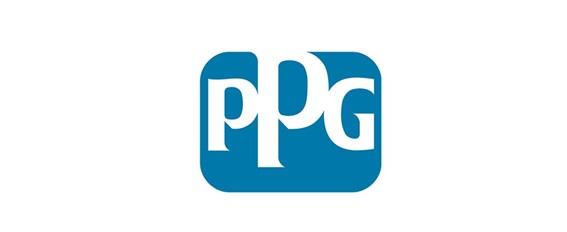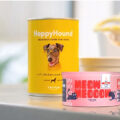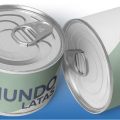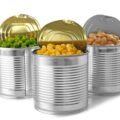PPG offers a new non-bisphenolic PPG Nutrishield line in the coating of food and beverage cans. The Bisphenol A-free coatings provide extra freshness and healthiness to the food in question. This chemical component was previously very common in the manufacture of plastics and its use has had health implications. In the past, Bisphenol A has caused brain diseases, hormonal alterations, increased blood pressure, prostate damage, development of fetuses, babies and children, among other effects on people’s health.
Anurag Raj, PPG’s sustainability manager, Packaging Coatings, highlights the worrying data recently provided by the United Nations on food loss and waste. Raj recalls that 14 percent of the food produced worldwide is lost between harvest and retail. An additional 17 percent of global food production is subsequently wasted (11 percent in households, 5 percent in food services and 2 percent in retail). In total, nearly one-third of all food produced worldwide is lost or wasted, resulting in significant social and environmental costs. It is therefore not surprising that the UN considers food waste a priority issue, and the UN Sustainable Development Goals aim to halve food waste by 2030, adds the PPG head.
Therefore,” stresses Anurag Raj, “the canned products industry is at a unique moment to address the problem of waste, without losing sight of the evolution of consumer tastes and preferences for healthier options and diverse protein-based diets. In addition, younger consumers are actively seeking brands that prioritize environmental responsibility, gravitating towards products and packaging that ensure sustainability and recyclability. Therefore, packaging manufacturers are introducing innovative designs that improve product variety, safety, convenience and shelf life while contributing to the circular economy.
These changes are supporting the continued expansion and growth of the market. The latest Smithers report highlights significant growth in dedicated food and beverage can production, reaching sales of $123 billion in 2021, up 14 percent from 2017, reflecting an average annual growth rate of 3.4 percent. These long-term trends will continue to shape canned food sustainability, innovation and brand engagement while addressing food waste.
Raj further clarifies that: metal packaging with advanced coatings acts as a barrier, protecting products from oxygen, light and bacteria. This barrier extends the shelf life of canned foods, preventing premature spoilage and making them more accessible to consumers. Ready-to-eat canned foods offer a quick and nutritious solution for busy people. In addition, the industry collaborates with organizations and governments to support food banks and food aid programs, ensuring that essential nutrition reaches vulnerable populations worldwide.
Sustainable awareness in generation Z
Sustainability considerations are increasingly influencing consumer purchasing decisions. According to a recent Morning Consult report, more than two-thirds of Generation Z respondents indicated that sustainability plays a role in their food and beverage choices, with 32 percent indicating a significant impact. In contrast, only 17 percent of baby boomers reported that sustainability influences their daily consumption habits. The main brands are aware of the demands of young people and are betting on recyclable metal packaging to be more attractive to this new public.
Container coatings for better preservation and quality of food and beverages
Anurag Raj highlights the importance of container coatings, fundamental to the success of canned foods, serving as a protective barrier between the food and the metal can. Advanced coating technologies improve safety and extend service life by preventing contamination and corrosion. These coatings also reduce the need for preservatives, improving the quality of canned foods, as the sealed cans retain nutrients, preserving the nutritional value of the food for an extended period of time.















